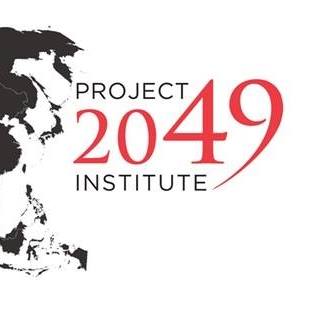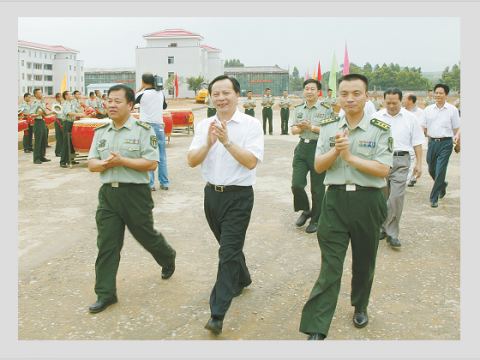
Undersea Cables: Taiwan’s Achilles Heel?
April 28, 2010
Solar power’s future looking up in China
May 7, 2010Hong Kong has always played a unique role as an entrepot in Sino-Western commercial relations. It is a popular gateway for both Western and Chinese companies to operate in and out of China due to its semi-autonomous status and free economy. However, less apparent is China’s interest in using Hong Kong to achieve its military and political objectives.
The United States has maintained strict export control over dual-use technologies to China for national security purposes, even though it has normalized trade with China in 2000. The controlled list includes high-powered computers, telecommunications equipment with encryption capability and mobile phone technology CDMA. Satellites and licenses for crime control and detection equipment are also prohibited. Hong Kong, even with its handover to China in 1997, is exempted from these policies on the basis of its separate legal system and strict export control regime. According to Hong Kong’s constitution, although the PRC is responsible for Hong Kong’s defence and foreign affairs, no department of the Chinese government can interfere with the affairs of Hong Kong. However, with its lack of universal suffrage and economic dependence on China, Hong Kong has become more vulnerable to Beijing’s pressure. These trends can pose a risk to America’s export control.
The Department of Defense has reported that the PLA’s transformation into an information-based, network-centric force requires legal and illegal acquisitions of high tech products such as software, integrated circuits, electronics, and information security systems. Recently, the US – China Economic and Security Review Commission pointed to China’s Military Intelligence Department’s role in facilitating technology transfers and conducting industrial espionage activities through operating Hong Kong-based companies. Some well-known enterprises in Hong Kong, like the Lippo Limited, are closely linked to families of PLA officials. Furthermore, cases of illegal export to China have often involved Hong Kong as a transshipment point. Currently, illegal transfer of such technologies is not easy to do because of Hong Kong’s rigorous customs control. However, the US-China Economic and Security Review Commission have reported accounts of Hong Kong’s customs standards slipping. With China’s increasing influence over Hong Kong’s affairs, it is worrying whether their influence would make these standards further deteriorate.
Under the Hong Kong Policy Act of 1992, the US has been monitoring the developments of Hong Kong with annual reports since 1997. Yet, with the last of such report released in 2007, the attention level appears to have dwindled. Since Hong Kong’s export control exemption is based on its semi-autonomous status from China, its ability to withstand pressure from China will be important in determining the direction of U.S. export control and trade policies towards Hong Kong and China.




